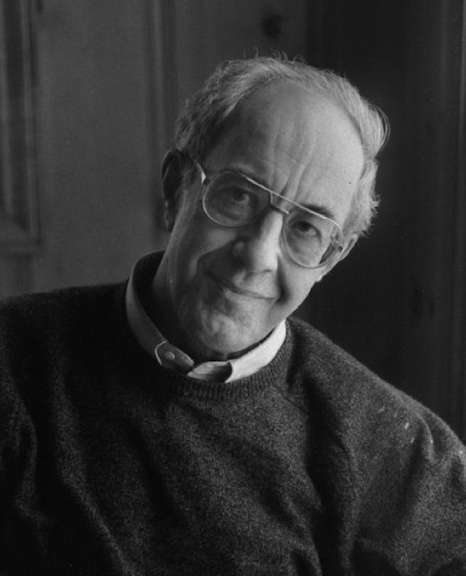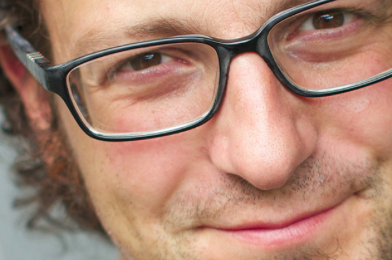A few tidbits today from a greater mind than mine by a thousand or more:
C.S. Lewis.

Jack, as his friends called him, lived and wrote with an authenticity that made courageously interacting with the most painful and potent stuff of life an ordinary occurrence.
He loved deeply, he thought deeply, he wrote deeply, he suffered deeply. All these things, love, joy, friendship, sacrifice, loss, and longing were the topics of his work.
A heavyweight intellectual with the rare kind of genius to write concisely and accessibly to anyone, he never shied away from the messy parts of life–no matter who the audience. He might be most famous for his children’s fiction, but his poetry, literary criticism, apologetics, and other works reveal him as a polymath and literary giant. Thanks to the recent Hollywood versions of Narnia movies (which ardent C.S. Lewis fans find grossly wanting) ave created a renewed interest in Lewis making him more widely read now than he was in his own lifetime.
What made the man?
Tragedies cultivated a pensive and sensitive aspect of Leiws that complimented an agile, imaginative, and sharp mind.
Perhaps the deepest wound happened at age 9 when he lost his mother in death. His father was emotionally distant and sent him off to a series of boarding schools–which he deplored. The isolation and grief seemed to create a “heart-wound” from which he suffered his whole life; and from which he found solace in the hope of heaven and in the embrace of friendship.
Author Anthony Burgess wrote that “Lewis is the ideal persuader for the half-convinced, for the good man who would like to be a Christian but finds his intellect getting in the way.” (*source)
But, not at first.
First, the pain made him a committed and intellectual atheist at age 14. Despite his choice, Lewis still wrestled with what most creators and artists do, spiritually, as his journal from that time reveals:
“If I find in myself a desire which no experience in this world can satisfy, the most probable explanation is that I was made for another world.”
Later, Jack would reconcile these longings more throughly with theism. (An acceptance of God as Creator.)
Subsequently, he found Jesus Christ the fitting Savior and Redeemer of the story–which is life and human experience. The Savior myths of ancient times and other cultures he said evidenced that the story of God and Jesus was a “true myth” reflected in meta-truth and narrative intwined into the cultural fabric and story of (nearly) every civilization.
He continued to explore this idea of desire and longing–from which any one with an artistic temprament can take confort:
“In speaking of this desire for our own far off country, which we find in ourselves even now, I feel a certain shyness. I am almost committing an indecency.
I am trying to rip open the inconsolable secret in each one of you—the secret which hurts so much that you take your revenge on it by calling it names like Nostalgia and Romanticism and Adolescence; the secret also which pierces with such sweetness that when, in very intimate conversation, the mention of it becomes imminent, we grow awkward and affect to laugh at ourselves; the secret we cannot hide and cannot tell, though we desire to do both.
We cannot tell it because it is a desire for something that has never actually appeared in our experience. We cannot hide it because our experience is constantly suggesting it, and we betray ourselves like lovers at the mention of a name. Our commonest expedient is to call it beauty and behave as if that had settled the matter.
Wordsworth’s expedient was to identify it with certain moments in his own past. But all this is a cheat. If Wordsworth had gone back to those moments in the past, he would not have found the thing itself, but only the reminder of it; what he remembered would turn out to be itself a remembering.
The books or the music in which we thought the beauty was located will betray us if we trust to them; it was not in them, it only came through them, and what came through them was longing.
These things—the beauty, the memory of our own past—are good images of what we really desire; but if they are mistaken for the thing itself they turn into dumb idols, breaking the hearts of their worshipers.
For they are not the thing itself; they are only the scent of a flower we have not found, the echo of a tune we have not heard, news from a country we have never yet visited.”
How beautifully he captures longing!
For Lewis, camaraderie, fellowship, friendship, and love brought light and healing to his heart and his world. Through them he remained grounded and prolific.
Lewis on friendship:
In a circle of true Friends each man is simply what he is: stands for nothing but himself. No one cares twopence about anyone else’s family, profession, class, income, race, or previous history.
Of course you will get to know about most of these in the end. But casually. They will come out bit by bit, to furnish an illustration or an analogy, to serve as pegs for an anecdote; never for their own sake. That is the kingliness of Friendship. We meet like sovereign princes of independent states, abroad, on neutral ground, freed from our contexts.
This love (essentially) ignores not only our physical bodies but that whole embodiment which consists of our family, job, past and connections. At home, besides being Peter or Jane, we also bear a general character; husband or wife, brother or sister, chief, colleague, or subordinate. Not among our Friends. It is an affair of disentangled, or stripped, minds. Eros will have naked bodies; Friendship naked personalities.
Hence (if you will not misunderstand me) the exquisite arbitrariness and irresponsibility of this love. I have no duty to be anyone’s Friend and no man in the world has a duty to be mine. No claims, no shadow of necessity. Friendship is unnecessary, like philosophy, like art, like the universe itself… It has no survival value; rather it is one of those things which gave value to survival.


![Walk Around Your Abyss; Henri Nouwen [SSL 243]](https://lisadelay.com/blog/wp-content/uploads/2022/09/abyss-1.jpg)





